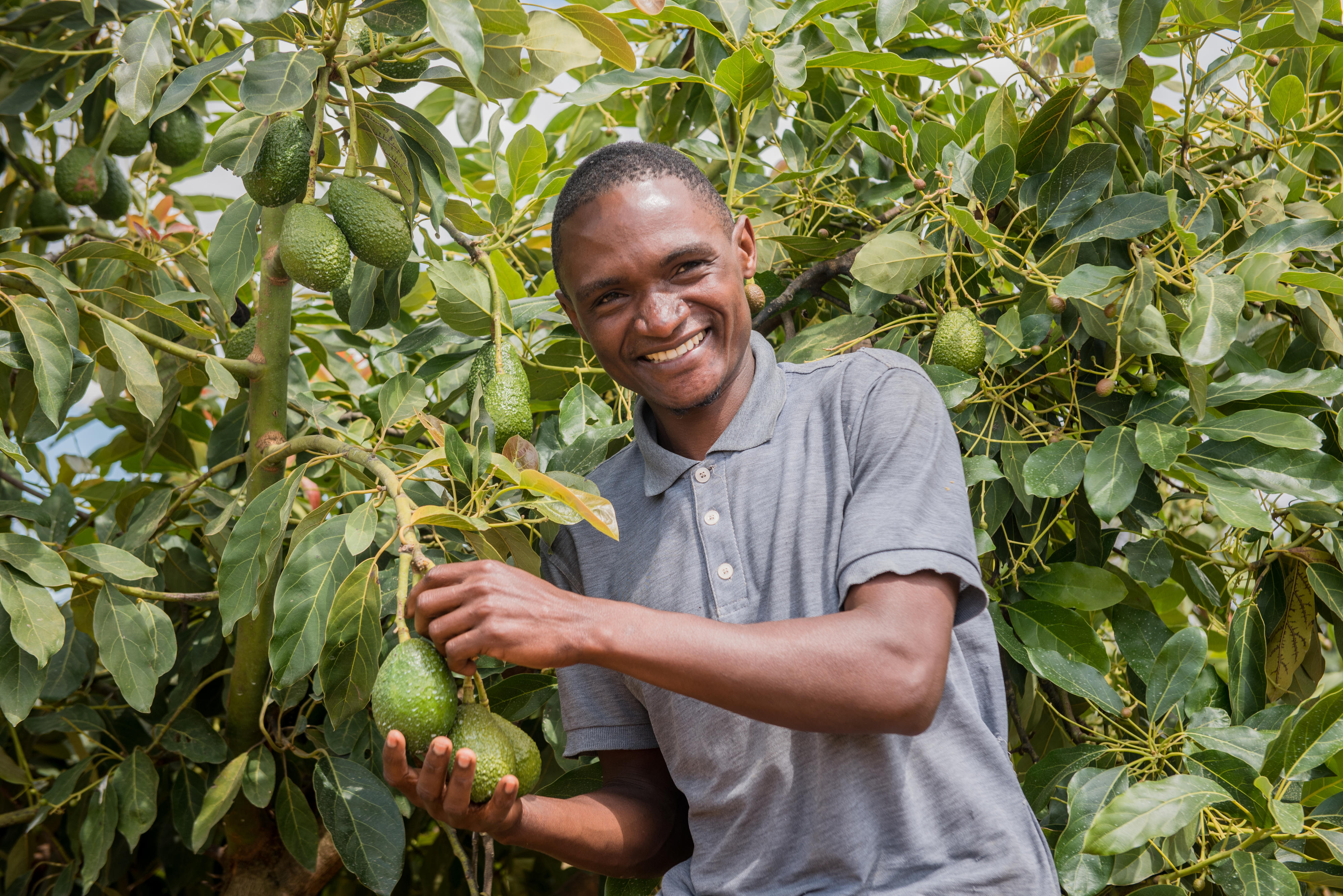VIEWPOINT: Panya Road a lethal bomb we must defuse
What you need to know:
- In peacetime, some Panya Road chaps could become contract killers; for huge fees, they would eliminate political and business opponents of rivals, and be hired to ‘fix’ individuals at the heart of love disputes
My first encounter with the concept of a contract killer was via the thrilling action movie, ‘The Day of the Jackal’, several years ago.
Based on a novel by a similar title by Frederick forsyth, the movie spins around a plot by a group of Charles de Gaulle haters to have the French president assassinated.
Since their earlier plot to eliminate him – by having gunmen pump numerous bullets onto his car as the presidential motorcade sped to an airport had flopped – they opted for a plan they believed was a sure-results-provider.
Central to it was a contract killer - a highly marketable, damn expensive expert marksman – who the contractors were confident would bump off one of the most effectively guarded, virtually ‘un-assassinate-able’ heads of state in the world.
The guy almost accomplished the mission, his gunshot missing the president’s head by a split-second, and, a few seconds later, a top, brilliant detective who had been on his trail, burst into his hideout and sprayed him with a hail of bullets. The day of the Jackal ended on a sour and embarrassing note, as he was subsequently buried in an unmarked grave.
A fortnight ago, a group of ruffians styling themselves Panya Road, spread panic across Dar es Salaam, prompting people to run helter-skelter, to close businesses, flee from recreation centres, barricade themselves in their homes, and make frantic calls to relatives and friends, to relay security alert messages.
It boggles the mind that a bunch of human beings should derive pleasure from sharing a name with a miserable rodent, and chip a sense of heroism into the bargain, as opposed to, like in the case of Dar es Salaam’s Msimbazi Street Boys, Simba, the fearsome lion!
But to the extent that human rats could, emotionally and physically terrorise a good part of the four-million plus population of the country’s leading region for several hours, ignoring them outright as a bunch of misguided, adventurous, bhang-smoking youngsters, would be a huge mistake.
Much as social media-circulated messages worsened matters, the success, albeit short-lived, by the degenerate youths to literally hold thousands of people at ransom, and catching intelligence and law enforcement agencies off-guard, is cause for worry.
The police has since arrested scores of suspected ‘Road Panyas’ in swoops, and, hopefully, the force, building upon the lesson of being caught off-guard, is, and shall take more tangible measures to avoid a recurrence.
I’m seeing in Panya Road, all manner of explosives awaiting explosion. For most part, they are petty criminals whose tools include knives, machetes and screwdrivers.
As they grow older, they would graduate to medium-scale and full-blown crime, in order to make bigger financial and related gains.
The worrisome angle is their ability to mobilise and network widely. They could assume West African proportions, where, in countries like Sierra Leone and Liberia, young soldiers were in some cases deadlier than adults during civil wars there.
In peacetime here, some, I am afraid, could become contract killers; for huge fees, they would eliminate political and business opponents of rivals, and be hired to ‘fix’ individuals at the heart of contested love relationships.
This mix should prompt us to address Panya Road as a potent, non-military bomb whose impacts on society would nonetheless be catastrophic if it isn’t defused swiftly.
Wilson Kaigarula is the revise editor, The Citizen




